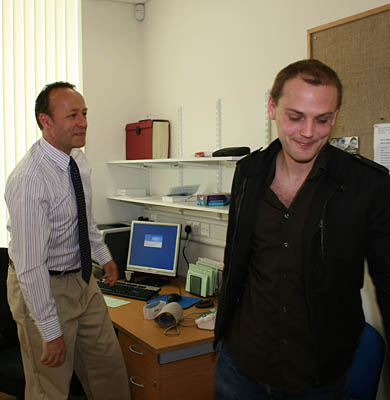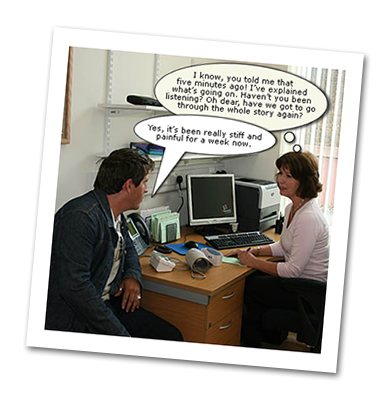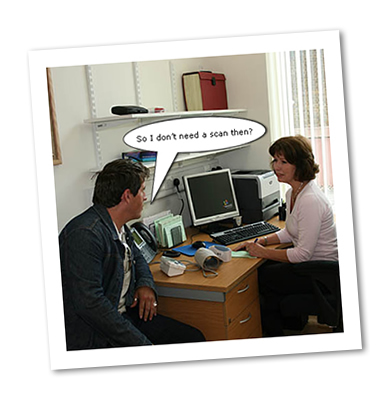Closing the Consultation course for GPs



This session explores the ways in which GPs effectively and appropriately close the consultation. This session was reviewed by Suchita Shah and last updated in January 2015.
Learning Objectives
By the end of this session you will be able to:
- Discuss why closing a consultation depends on the successful deployment of consultation skills throughout the consultation
- Explain why agreeing the agenda, active listening, summarising, shared decision making, handing over and safety netting tend to bring consultations to a satisfactory close
- Describe the reasons why a patient may be reluctant to leave the consultation
- Describe techniques that help bring the consultation to a close
Ideally, consultations are closed only when the patient’s (and doctor’s) agendas are adequately addressed. This means that closing a consultation depends on the successful deployment of consultation skills throughout the consultation.
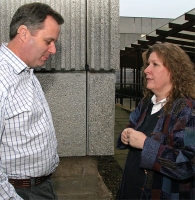
Before commencing this session you should:
- Have at least three months experience of working in general practise
- Have completed sessions GPS_2-2_001 to GPS_2-2_007
Adam Fraser was an academic registrar and subsequently a clinical tutor in communication skills at the University of Birmingham. He was the registrar representative on the RCGP curriculum development group, which produced the new curriculum for GP training. He has worked as a Programme Director for the West Midlands Deanery, a continuous professional development tutor for the West Midlands Strategic Health Authority and a GP principal in inner city Birmingham.
He was the original author of the curriculum statements on the GP consultation, men’s health, cardiovascular problems, digestive problems, ENT and facial problems, metabolic problems, respiratory problems and rheumatology and conditions of the musculoskeletal system. He was the RCGP curriculum guardian of the GP consultation curriculum statement from 2005 to 2014, and was co-editor of the GP consultation module of the e-GP programme with Roger Neighbour.
Adam now works as a GP principal and GP trainer at the Bridges Medical Practice in Weymouth. He is a Programme Director for the Dorset patch of Health Education Wessex and teaches on the Bournemouth day release course. His interests include GP training, communication skills and therapeutic consulting.
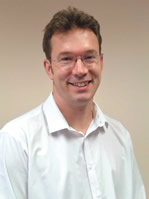
- Assessment course for GPs
- Posted By eIntegrity Healthcare e-Learning
- Posted Date: 2025-03-10
- Location:Online
- This session describes the main tools used to assess trainee GPs and distinguishes between formative...
- Self Appraisal course for GPs
- Posted By eIntegrity Healthcare e-Learning
- Posted Date: 2025-03-10
- Location:Online
- This session describes an approach to self-appraisal, and provides practical tips and guidance about...
- Telephone Consultations course for GPs
- Posted By eIntegrity Healthcare e-Learning
- Posted Date: 2025-03-10
- Location:Online
- This session explores the issues that may arise when a consultation is conducted over the telephone,...
- Difficult Consultations course for GPs
- Posted By eIntegrity Healthcare e-Learning
- Posted Date: 2025-03-10
- Location:Online
- This interactive session explores some of the difficulties associated with patients whose behaviour ...
- Balint's Ideas course for GPs
- Posted By eIntegrity Healthcare e-Learning
- Posted Date: 2025-03-10
- Location:Online
- This session introduces Michael Balint, outlines his principal ideas and describes his innovative us...

